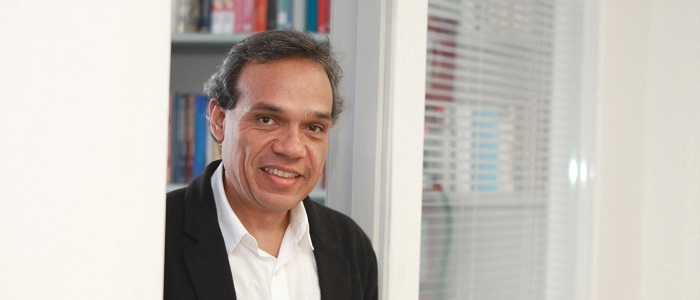
Five Questions with Miguel Jaramillo, Executive Director of the Group for the Analysis of Development (GRADE), one of the most influential think tanks in the Americas. He has also recently joined the Social Protection Committee in Peru, and is a member of GDN's Alumni.
Q. The term ‘good governance’ is almost out of date in development parlance. Do you think it’s time for a revival?
A. I do not think that good governance can be out of date in discussing development issues. And if indeed it is, then it is high time for a revival. Good governance is a key element for the implementation of any policy, and its role cannot be downplayed. We need good policy designs – but the best design will falter in the absence of good governance.
Q. You wrote about the governance of water and sanitation in Peru, for a recent book edited by GDN. What was the key message?
A. The key message is that institutions are, theoretically, supposed to provide a socially desirable role, but this may not be true in practice. Take the case of participatory budgeting (PB), which, in abstract terms, sounds like a good idea: who could oppose getting citizens involved in setting priorities for local government investments? Yet, a number of conditions need to be fulfilled to have effective participation. What we showed is that in Peru’s water and sanitation sector, there is no connection between PB and access and service quality indicators. At the root of this lack of connection, we find weaknesses both in the PB process itself, as well as among the different actors in the process: citizens, municipalities and water service providers. Further, participation may be skewed against the poor, as they face the highest costs of participating.
Q. What should researchers keep in mind while trying to impact policy makers?
A. I think one needs to puts oneself in the policymaker’s shoes, and try to understand what is their perspective and how we can contribute to that perspective. Instead of trying to peddle our own research agendas, we should ask, for instance: Does our research really help them to make policy choices? Is the dissemination of results timely? What questions do they need answered, in order to advance their policy agenda? Is there research available to supply those answers? What type of research model can provide answers in a timely manner?
Q. Tell us more about your association with GDN – what big changes did it bring?
A. My association with GDN goes back a long time to one of the first GDN conferences. Since then, I have participated in many GDN conferences; I have had the privilege of being awarded a research medal, and have also been part of GDN funded research projects. So it’s been an important presence throughout much of my research career. It has allowed me to be part of a wide network of researchers, and facilitated contact with colleagues all over the world. It has been quite valuable to my research career.
Q. What is your main message to others grappling with governance in the developing world?
I think we should not underestimate the importance of good governance. We can develop sophisticated and rigorous policy designs, but in the end, whether they are effective or not, whether they reach their goals or not, has to do with the quality of governance.
Order the book on Amazon or Palgrave - MacMillan, visit GRADE online, or join Friends of GDN on Linked In.
In conversation with Madhuri Dass, Head of Communications, Global Development Network, January, 2017.





